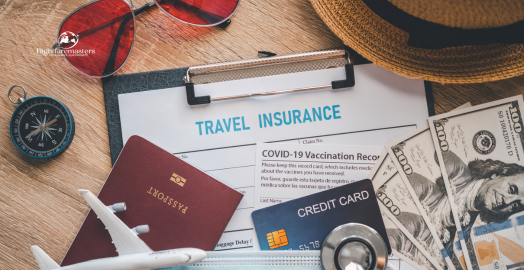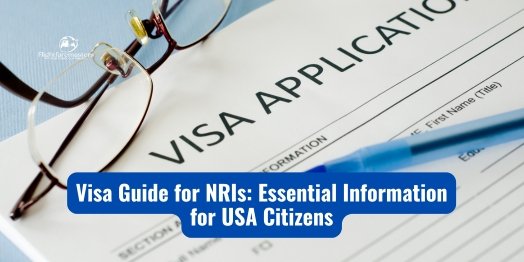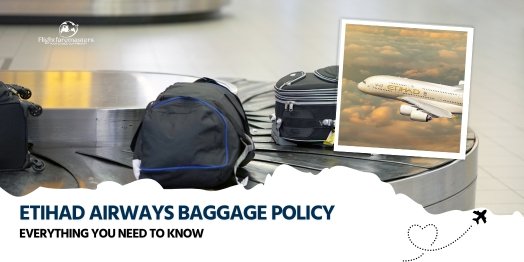Essential Tips for Booking Flights for Senior Travelers
Traveling can be an enriching experience at any age, and senior travelers are no exception. However, there are specific considerations that can help make the journey smoother and more enjoyable for elderly passengers. Here are some essential tips for booking flights for senior travelers:
1. Choose the Right Time to Fly
When booking flights for senior travelers, consider choosing flights that depart during the mid-morning or early afternoon. Early morning flights can be too tiring, and late-night flights might disrupt sleep patterns. Opting for non-peak times can also mean less crowded airports and a more relaxed travel experience.
2. Select the Best Seats
Comfort is crucial for senior travelers, especially on long-haul flights. When booking, try to select seats with extra legroom, such as those in exit rows or bulkhead seats. If mobility is an issue, choosing an aisle seat can provide easier access to the restroom and allow for occasional stretching.
3. Check for Senior Discounts
Many airlines offer discounts for senior travelers, typically starting from the age of 60 or 65. It’s worth checking with the airline or using travel websites that highlight these discounts. Even a small percentage off can add up to significant savings, especially for international flights.
4. Request Assistance Services
Airlines provide various assistance services for elderly passengers, such as wheelchair assistance, priority boarding, and help with luggage. When booking, make sure to request any necessary services in advance. This ensures that the airline is prepared to accommodate the traveler’s needs, making the journey more comfortable and stress-free.
5. Consider Non-Stop Flights
If possible, book non-stop flights to minimize the stress and fatigue associated with layovers. Non-stop flights reduce the need for transferring between gates and the risk of missing connections, which can be particularly challenging for senior travelers.
6. Pack Smart and Light
Encourage senior travelers to pack light and bring only essential items. A lightweight, easy-to-carry suitcase can prevent strain and make navigating the airport easier. Additionally, packing essential medications, travel documents, and a few comforts like a neck pillow or a blanket in a carry-on bag is advisable.
7. Stay Hydrated and Eat Light
Airplane cabins can be quite dehydrating, so it’s important for senior travelers to drink plenty of water before and during the flight. Eating light meals and avoiding alcohol can also help maintain energy levels and reduce the risk of dehydration.
8. Use Travel Insurance
Travel insurance is crucial for senior travelers, as it can cover unexpected medical emergencies, trip cancellations, or other unforeseen events. Ensure that the insurance plan includes comprehensive coverage suitable for the traveler’s health condition and travel itinerary.
9. Plan for Mobility and Comfort
For seniors with mobility issues, booking a wheelchair service or an electric cart at the airport can make the journey less taxing. Additionally, wearing comfortable clothing and supportive footwear can enhance in-flight comfort and overall travel experience.
10. Keep Important Documents Handy
Ensure that all important documents such as passports, boarding passes, medical information, and emergency contact numbers are easily accessible. Having these documents organized in a travel wallet or pouch can save time and reduce stress during check-ins and security checks.
Conclusion
Traveling as a senior can be a delightful experience with the right planning and precautions. By following these essential tips, you can help ensure that the journey is comfortable, safe, and enjoyable. Whether visiting family, exploring new destinations, or embarking on a long-awaited vacation, senior travelers can look forward to a pleasant trip with these thoughtful considerations.













